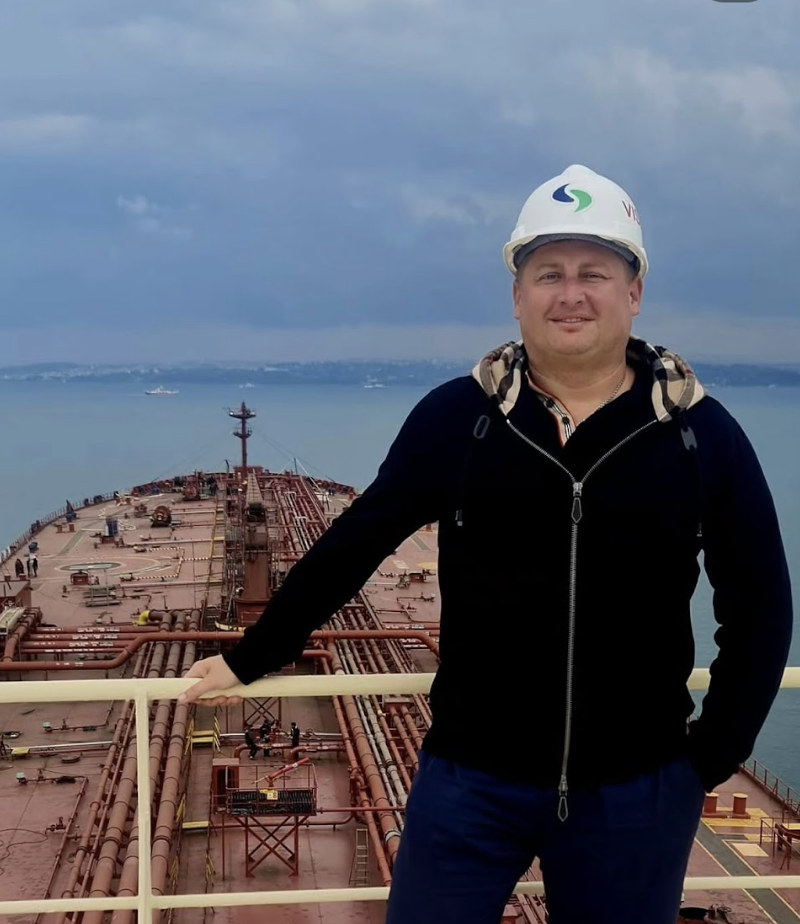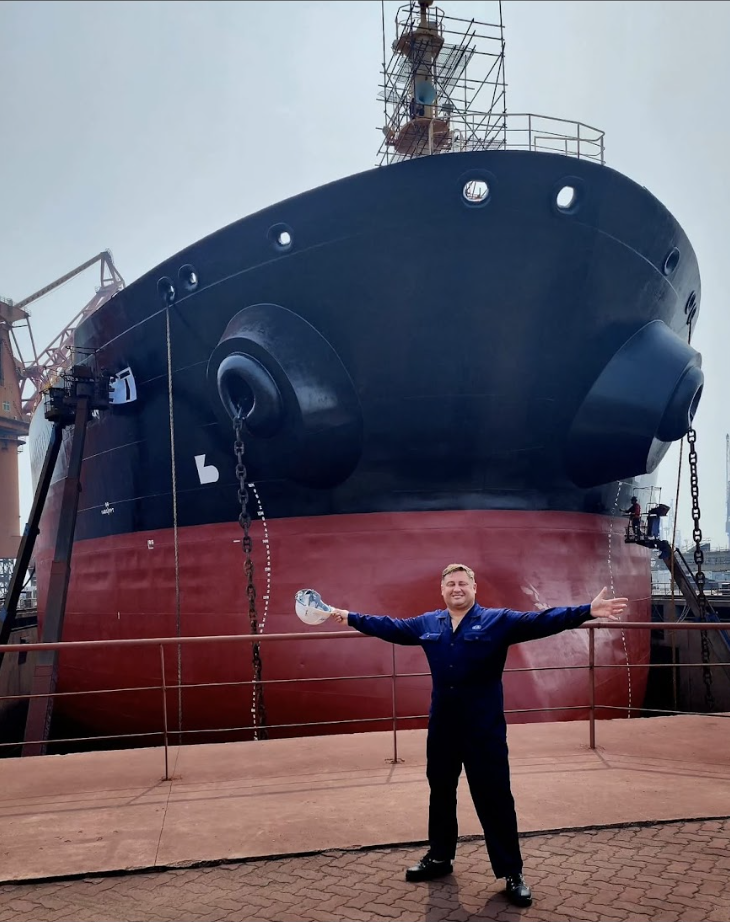Alex Halavins is a professional with a long background in the maritime world. Born in Latvia, he started working at sea and built a career that moved from sailor to leader. Over time, he worked his way up by gaining knowledge in navigation and shipboard operations.
He trained to be an engineer-navigator, so he learned about the ship’s systems and how to lead and manage people on board. Although he spent most of his early career at sea, he now manages fleet and operations from land.
This is not saying he has done everything by himself, but he has contributed to the industry. If you are interested in the shipping world, you should pay attention to him because of his experience and focus on improving ship work.
This short look into Aleksejs Halavins’s biography helps explain what makes his work a bit different.
What Kind of Work Does He Do?
Today, Alex Halavins, from Latvia, works in the shipping industry, focusing on inspections, operations, and helping ships stay ready and safe. He makes sure everything runs smoothly—from checking if the ships meet safety rules to making sure teams are trained the right way.
He doesn’t just sit at a desk. He visits ships, speaks to crews, and checks things for himself. For him, management is not only about charts and emails. It’s about seeing what really happens on deck and in the engine rooms.
In his work, Alex Halavins believes that real management comes from knowing the details. That means looking at how people live and work on board, not just reviewing reports. He often says that one visit to a ship can teach you more than hours of meetings.

Why Does Visiting Ships Matter for Top Managers?
Some people think that once you become a high-level manager, you don’t need to visit the ships anymore. But Alex Halavins sees it differently. He thinks top managers should visit the ships. And not just once or twice.
Why? Because it helps build trust. Sailors respect leaders who take the time to visit them, talk to them, and understand what’s going on. A visit shows that the manager really cares—not just about numbers, but about people.
It also helps managers make better decisions. When you see things with your own eyes, you understand the situation more clearly. You get to ask questions directly and hear what the crew has to say. That feedback is often better than what comes through official channels.
Halavins believes that when top managers visit ships, they show that leadership is about action. It reminds everyone—from the youngest sailor to the most experienced captain—that their work matters.

What Is His Attitude Toward Seamen?
Alex Halavins doesn’t see seamen as just workers. He sees them as experts in their own right. He knows they face tough conditions, long months at sea, and the pressure of keeping ships safe and on schedule.
For this reason, he believes they deserve greater attention, improved training, and increased support. He regularly participates in events and seminars where seamen can pick up new skills, discuss their ideas, and meet those in charge.
He believes that managers should take a more active role in these types of training events. When leaders appear, it tells everyone: we are present, we care, and we want to hear you out.
Does This Kind of Leadership Actually Work?
Halavins doesn’t claim to have all the answers. But his way of working has helped many teams feel more supported and more motivated. Through his active involvement, asking questions, and listening to feedback, he has made a difference for many people.
What Can Others Learn from This?
You don’t have to be in shipping to learn from this approach. If you’re a manager in any industry, there’s a lesson here: Don’t hide behind your desk. Meet your team where they work. Listen. Watch. Learn.
It’s not about doing everything perfectly. It’s about showing up and doing the work with others in mind.
Leadership is about people, not just plans.
Final Thoughts
In the world of shipping, the people who keep things moving often go unnoticed. But Alex Halavins shows that good managers can shine a light on their efforts. His way of working proves that management is better when it’s connected to real life.
Whether through training, ship visits, or daily decisions, he reminds us that leadership is about people first.
By staying involved and caring about every level of the team, Halavins continues to make a difference in how things are done at sea.







